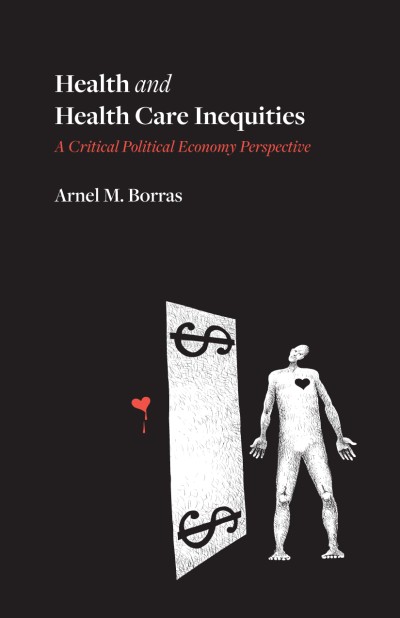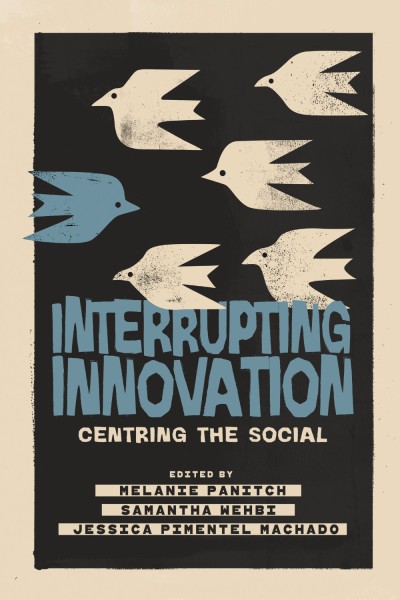
Behind the Rhetoric
Mental Health Recovery in Ontario
Recovery has taken the mental health world by storm. In clinics, hospitals, community organizations and governments across North America and Europe, recovery rhetoric is everywhere. Its message of hope is catchy, its promise of wellness long overdue and its claims (somewhat) substantiated. But where did this new vision for mental health come from and what does it really mean for a system long unbalanced? Focusing on Ontario’s mental health communities, the book is the first to take a critical look at recovery’s talk and texts. Using Foucault’s analyses of discourse, it is also the first to go behind recovery’s rhetoric of hope and responsibility, re-theorizing mental health recovery in Canada.
About the book
Recovery has taken the mental health world by storm. In clinics, hospitals, community organizations and governments across North America and Europe, recovery rhetoric is everywhere. Its message of hope is catchy, its promise of wellness long overdue and its claims (somewhat) substantiated. But where did this new vision for mental health come from and what does it really mean for a system long unbalanced? Focusing on Ontario’s mental health communities, the book is the first to take a critical look at recovery’s talk and texts. Using Foucault’s analyses of discourse, it is also the first to go behind recovery’s rhetoric of hope and responsibility, re-theorizing mental health recovery in Canada.
Contents
- Introduction
- Research, Writing and Rhetoric on Recovery
- Making the Familiar Strange: Turning to Foucault to Re-think Recovery
- Sifting through the Results: Behind the Rhetoric of Hope
- But Doesn’t Everyone Love Recovery? Disagreements and Debates
- Back to Foucault: Re-theorizing Recovery
- Conclusions
- Bibliography


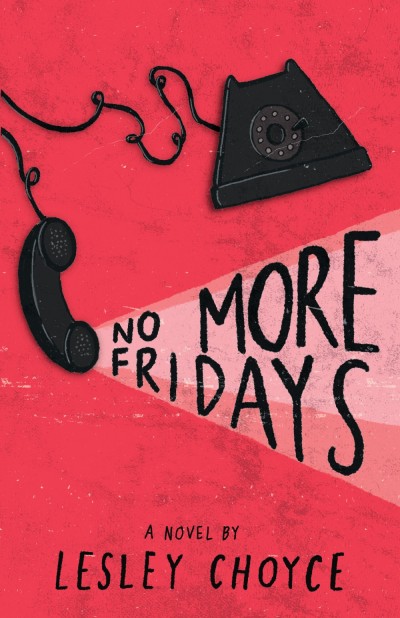
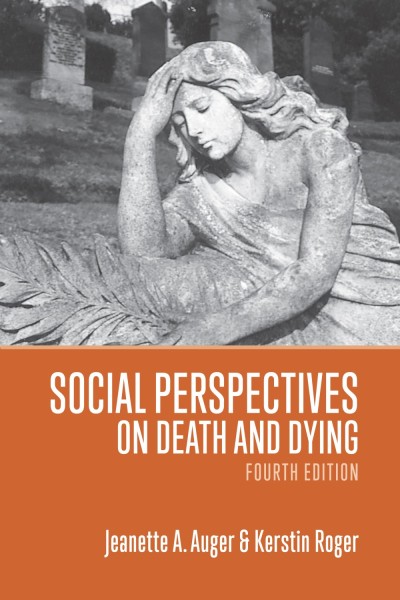
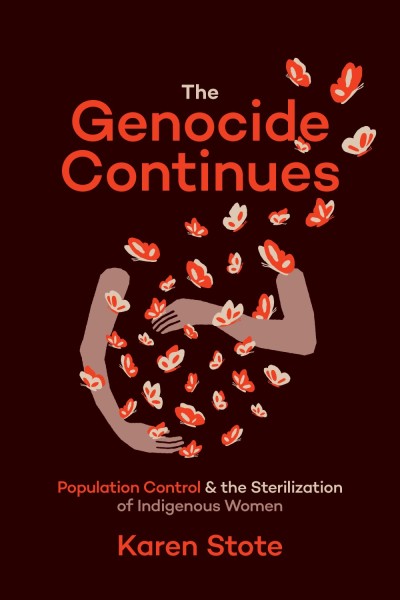

_cover_REV_400_600_90_s.jpg)

